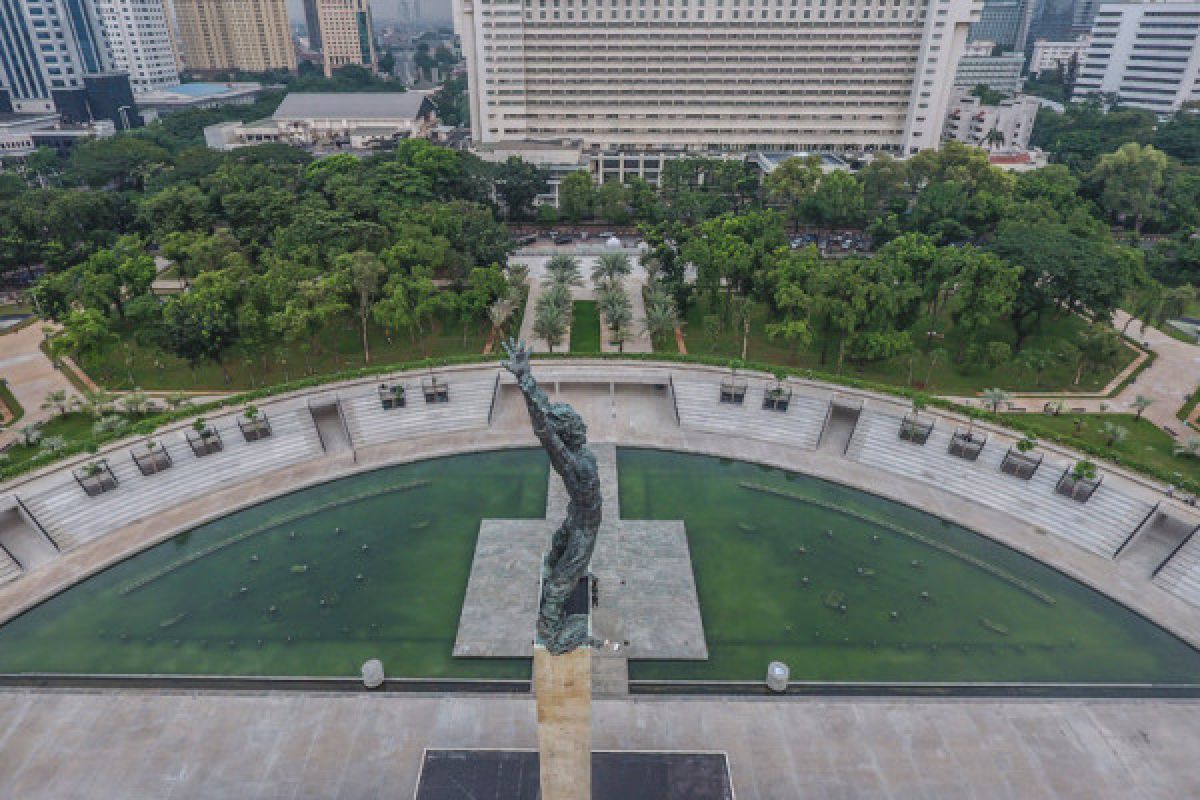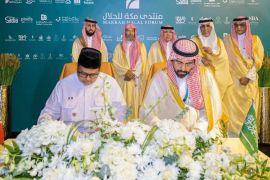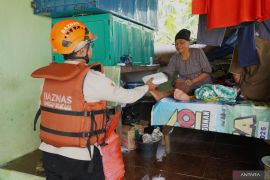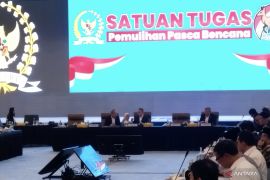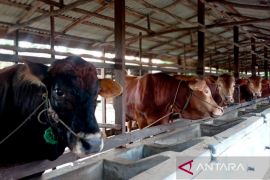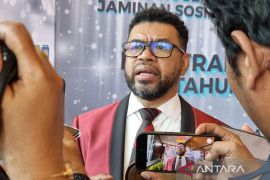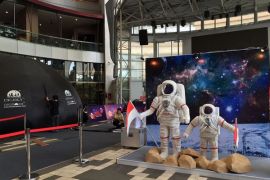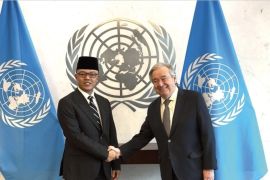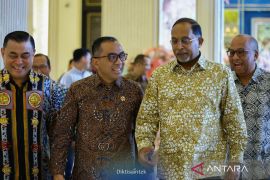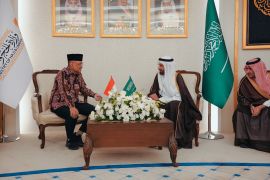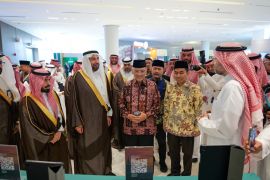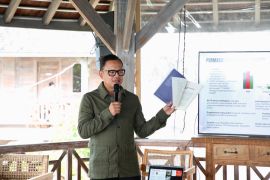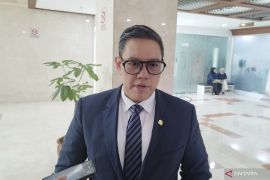The plan and concept of eco-friendly cities was announced by the ministry at the 10th High-Level Seminar on Sustainable Cities attended by participants from ASEAN member countries and its partners in Nusa Dua, Bali, on January 21-23, 2019.
"The high-level seminar, held since 2017, has expanded its focus to a multidimensional nature of urban development, especially environmental issues. Hence, Indonesia strives to focus on waste management in urban areas in order to create eco-friendly cities," Director General of Waste and Toxic Hazardous Materials Management of the Environment and Forestry Ministry Rosa Vivien Ratnawati stated here on Monday.
Ratnawati explained that since 2015, the percentage of Indonesians living in urban areas has been higher than those living in villages, reaching 59.35 percent of the total population.
Moreover, she remarked that some 82.37 percent of the Indonesian population is projected to live in urban areas by 2045.
"This will have an impact on the landfill and waste management in cities due to increase in human activities," she pointed out.
Ratnawati further stressed that waste-related problems in turn not only affect the quality of health and the environment at the local level but also at the global level.
"This is especially applies to plastic waste that has spread globally through seas and polluted them," Ratnawati remarked.
Hence, she added that the Indonesian government has committed to conducting better waste management as is reflected in Presidential Regulation No. 97 of 2017 on National Policies and Strategies for Household Waste Management.
The regulation mandated the central and local governments to manage to achieve 100 percent waste management comprising 30 percent waste reduction and 70 percent waste recycling.
Based on the fact that Indonesia is an archipelagic country that gives importance to the sea as a vital asset, the government has prioritized to solve the problem of marine plastic waste.
The Indonesian government has issued Presidential Regulation No. 83 of 2018 on Marine Waste Management aimed at reducing 70 percent of the waste leaking into the sea by 2025.
In addition to environmental issues, the High-Level Seminar on Sustainable Cities focused on aligning national development planning with the 2030 Agenda on Sustainable Development.
The High-Level Seminar on Sustainable Cities is a forum for policy makers, experts, and practitioners in the field of sustainable urban development in the East and Southeast Asia region.
Reporting by Made Surya and Naufal Fikri Yusuf , Yuni Arisandy Sinaga
Reporter: Antara
Editor: Fardah Assegaf
Copyright © ANTARA 2019
